During the summer, it’s important to take extra precautions to ensure that your food stays fresh and lasts longer. To make food last longer in the summer and prevent spoilage, here are some tips you can follow:
- Proper storage: Store perishable food items, such as fruits, vegetables, and dairy products, in the refrigerator at the appropriate temperature. Keep the refrigerator temperature below 40°F (4°C) to slow down bacterial growth and extend the shelf life of food.
To extend the freshness of fruits and vegetables, store them properly. Some fruits produce ethylene gas, which can cause other produce to ripen and spoil faster. Store ethylene-producing fruits, such as apples and bananas, away from other produce. Use perforated bags or store them in the crisper drawer of your refrigerator.
- Use airtight containers: Transfer leftovers or open food packages into airtight containers or resealable bags. This helps prevent moisture loss and keeps out contaminants, which can cause food to spoil quickly.
- Freeze food: If you have excess food that you won’t consume in the near future, consider freezing it. Freezing food can significantly extend its shelf life. Be sure to use freezer-safe containers or wrap items tightly in plastic wrap or aluminum foil to prevent freezer burn.
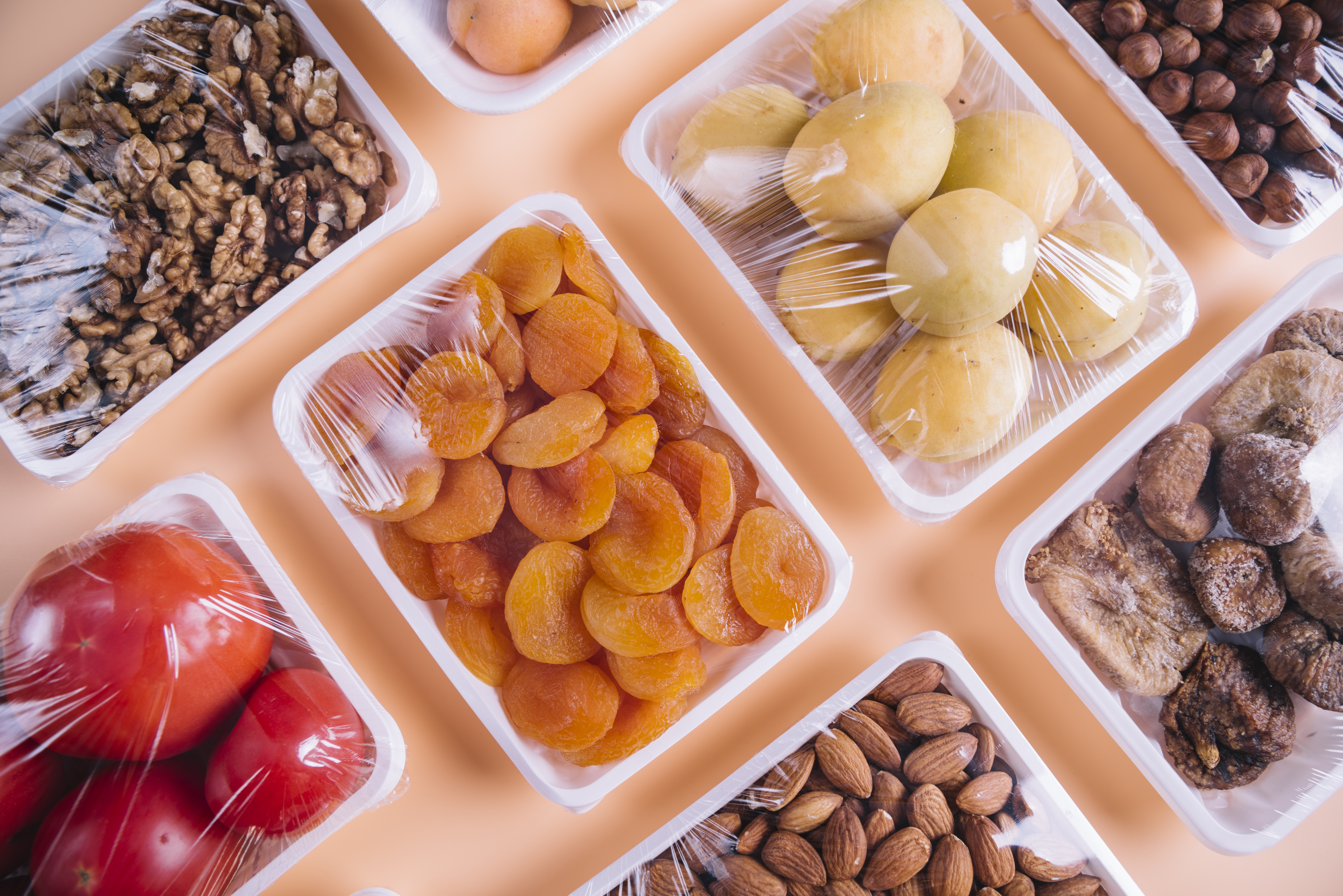
- Prioritize the use of fresh produce: Consume fresh fruits and vegetables sooner rather than later since they have a shorter shelf life. Plan your meals accordingly and use perishable produce at the beginning of the week to avoid wasting them.
- Properly seal and wrap foods: When storing food in the refrigerator, make sure it is properly sealed and wrapped to prevent odors from spreading and cross-contamination. This is especially important for raw meat, fish, and poultry, which should be stored separately and kept at the bottom of the refrigerator to prevent drips onto other foods.
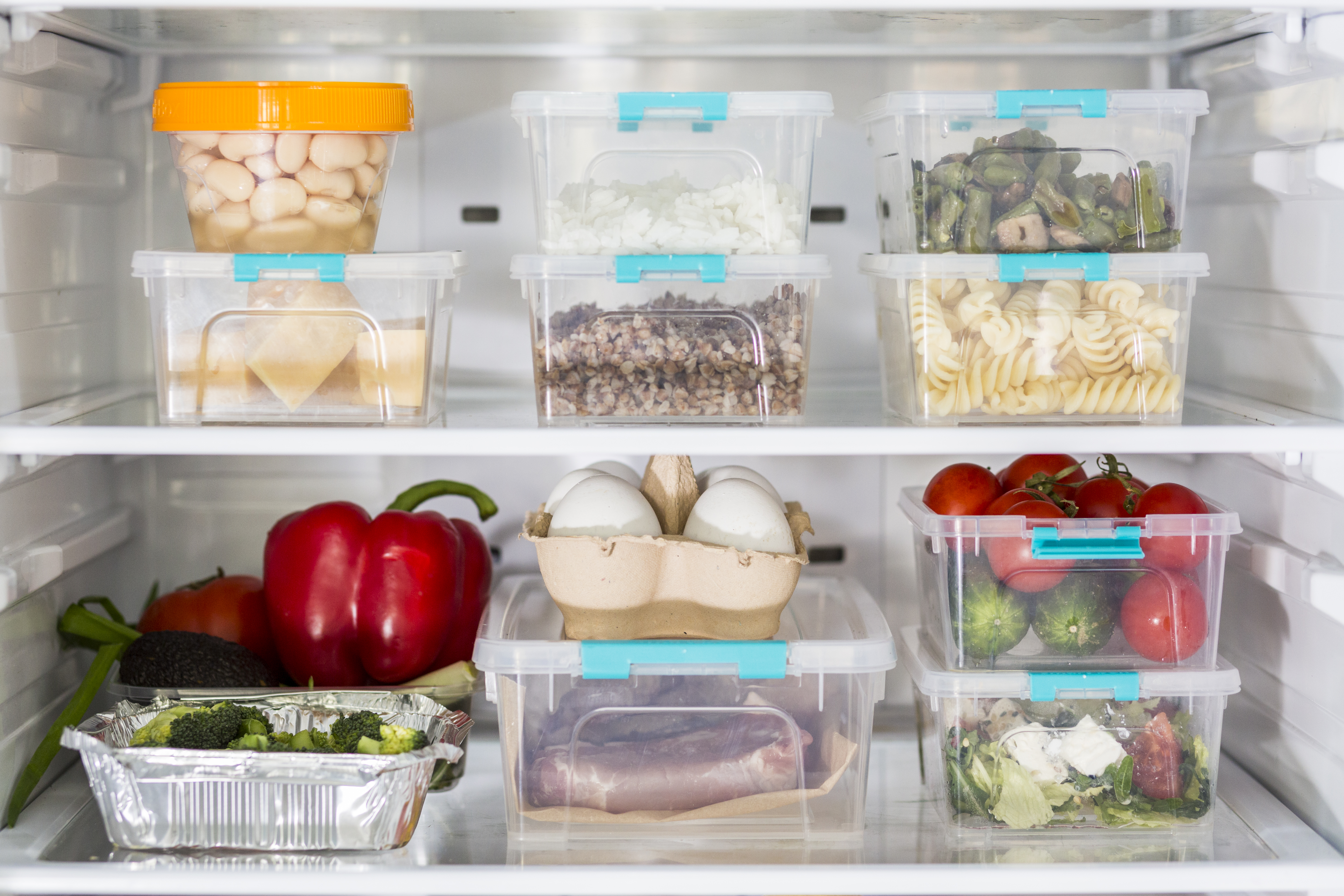
- Rotate your stock: When restocking your pantry or refrigerator, bring older items to the front and place newer ones behind them. This helps ensure that you use older items first and reduces the chances of food expiring before it is consumed.
- Keep your kitchen clean: Regularly clean your refrigerator, pantry, and kitchen surfaces to maintain a hygienic environment. This helps prevent the growth of mold, bacteria, and other contaminants that can spoil food.

- Be mindful of expiration dates: Pay attention to expiration dates on food packages and consume them before they expire. If you notice any signs of spoilage, such as unusual odors, textures, or mold growth, discard the food immediately.
- Consider canning and pickling: If you have a surplus of fruits or vegetables, consider preserving them through canning or pickling. These methods can extend the shelf life of food and allow you to enjoy them beyond the summer season.
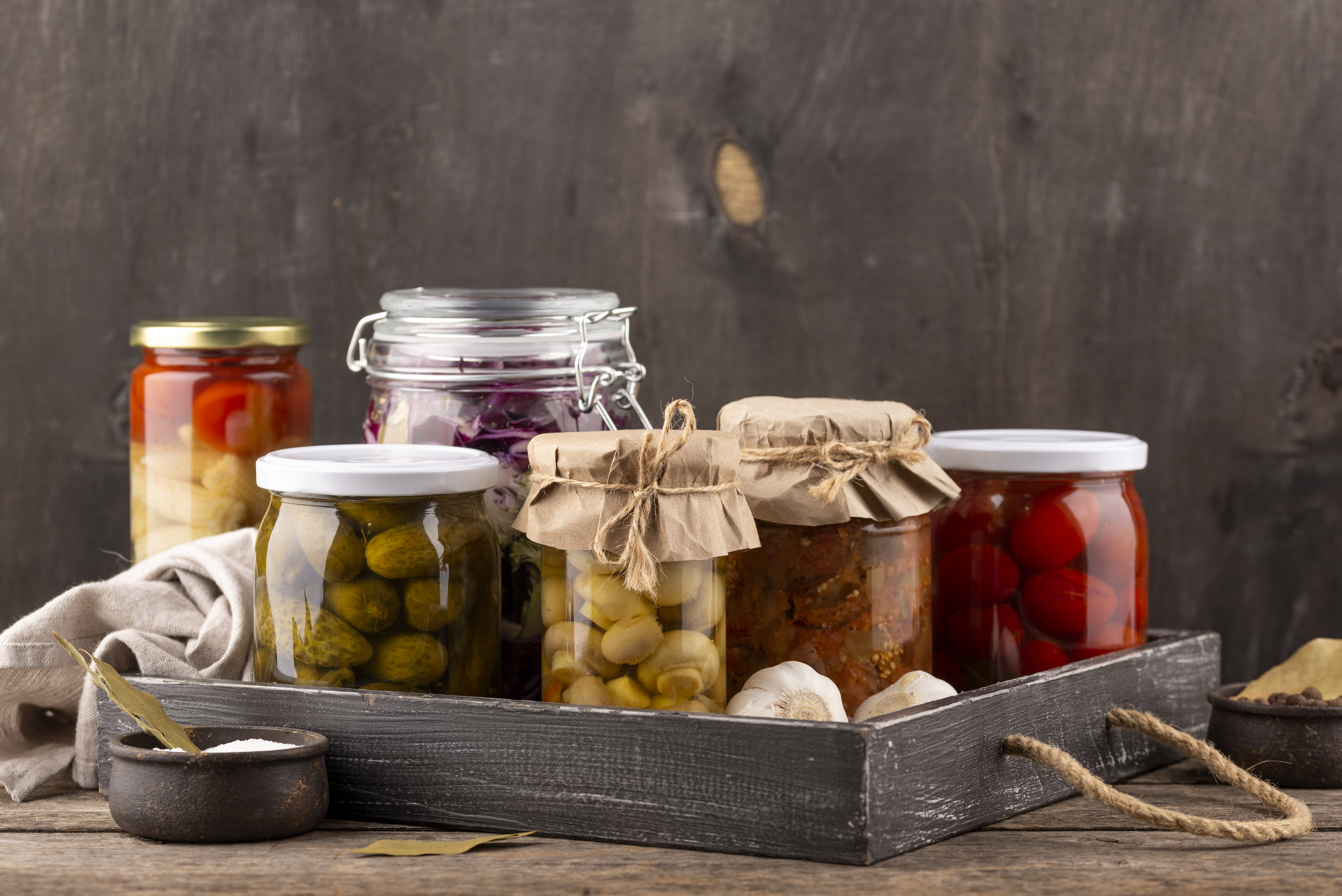
- Use natural preservatives: Some natural preservatives like lemon juice, vinegar, and salt can help inhibit bacterial growth and keep certain foods fresh for longer. For example, you can sprinkle lemon juice on cut fruits to prevent browning. Vinegar can be used to pickle vegetables, and herbs like rosemary and thyme have antimicrobial properties that can help prolong the shelf life of certain foods.
- Plan meals and portion control: Planning your meals can help reduce food waste. Prepare and cook only what you need to avoid leftovers that might go to waste. If you do have leftovers, store them promptly in the refrigerator or freezer.
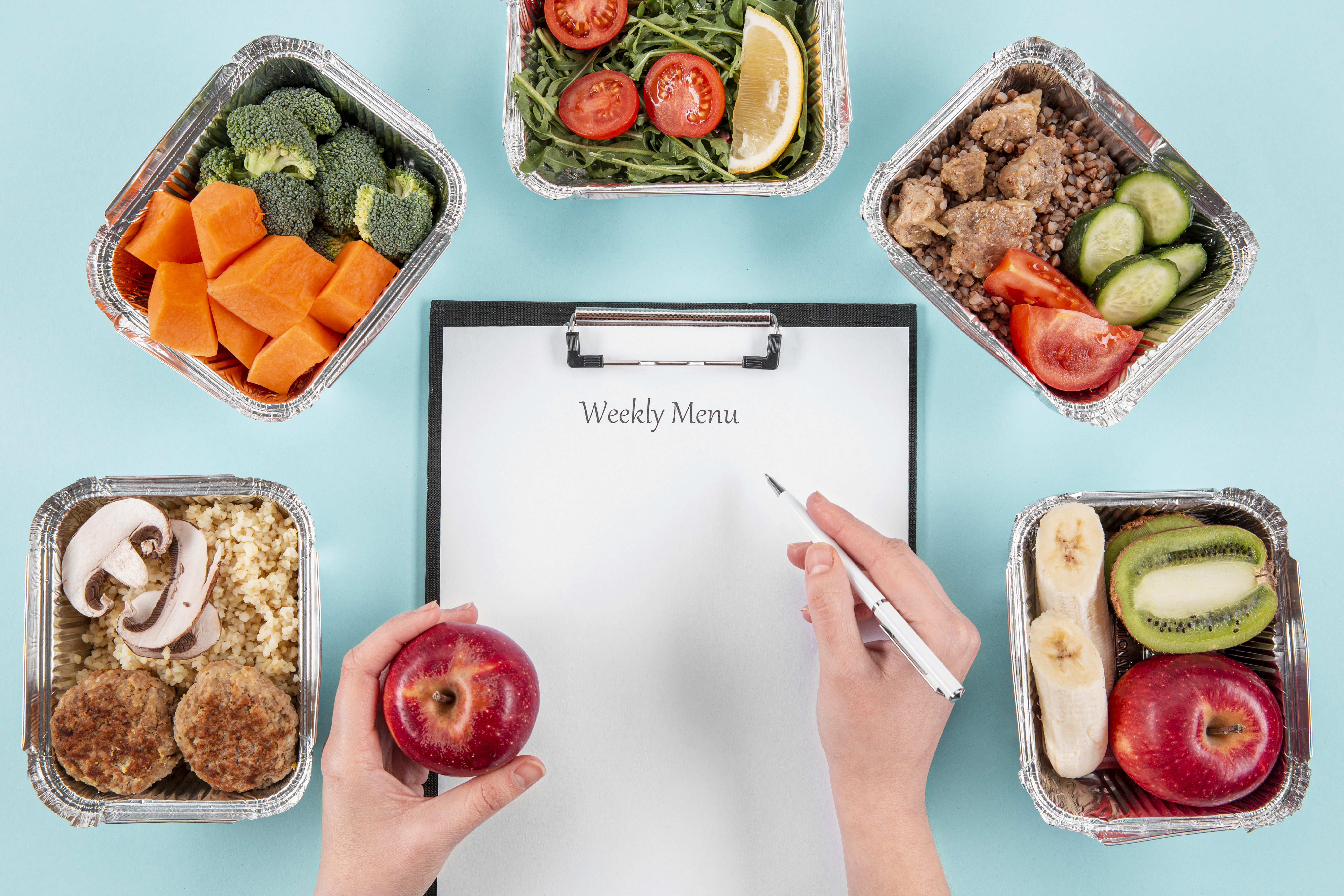
- Avoid leaving food at room temperature: High temperatures can promote bacterial growth. When hosting outdoor gatherings or picnics, keep perishable food in coolers with ice packs and avoid leaving them out for too long. Discard any food that has been sitting at room temperature for more than two hours (or one hour if the temperature is above 90°F/32°C).
- Be cautious with mayonnaise-based dishes: Mayo can spoil quickly in warm temperatures. If you’re serving dishes like potato salad at outdoor events, keep them chilled in a cooler or use alternative recipes that don’t rely on mayonnaise.
By following these tips, you can help ensure that your food stays fresh and safe to eat for a longer duration during the summer months. Remember, food safety should always be a priority. Use your senses (smell, sight, and taste) to assess the freshness of food. If you have any doubts about the freshness or safety of a particular food item, it’s better to err on the side of caution and discard it.

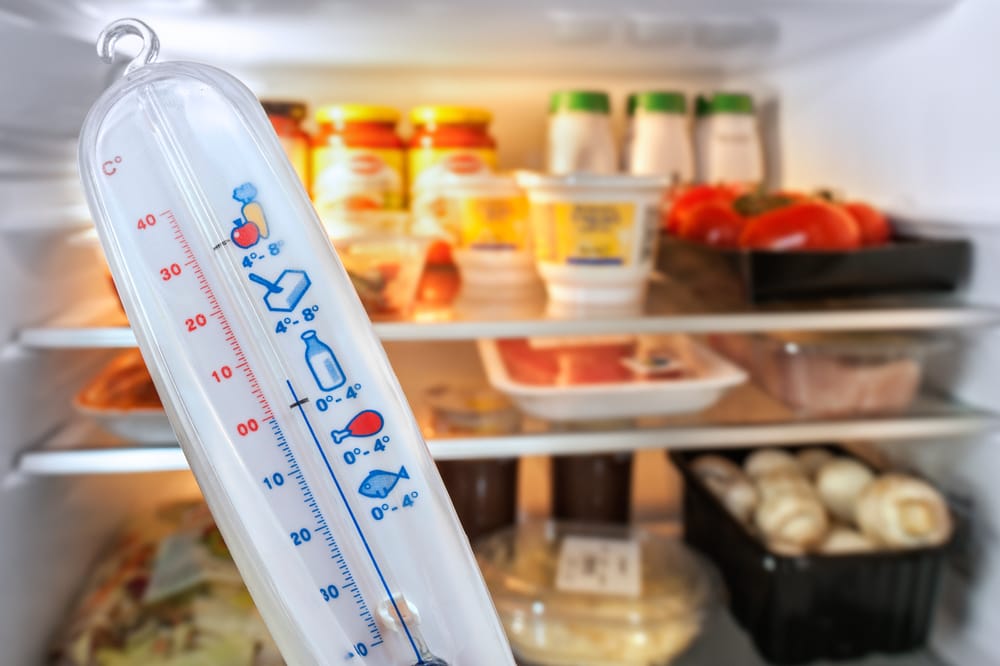
0 Comment